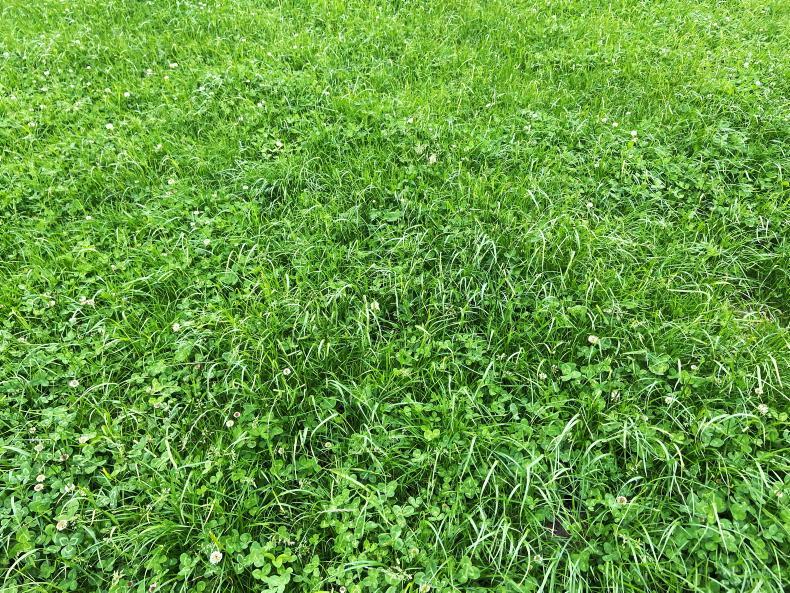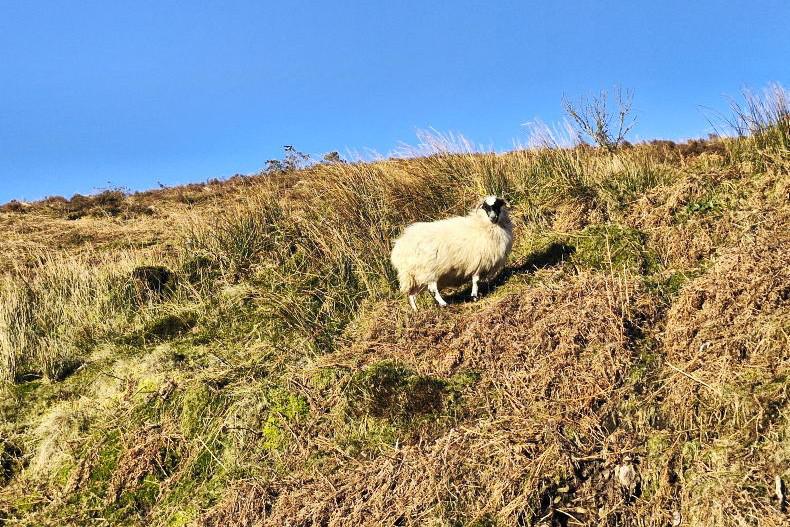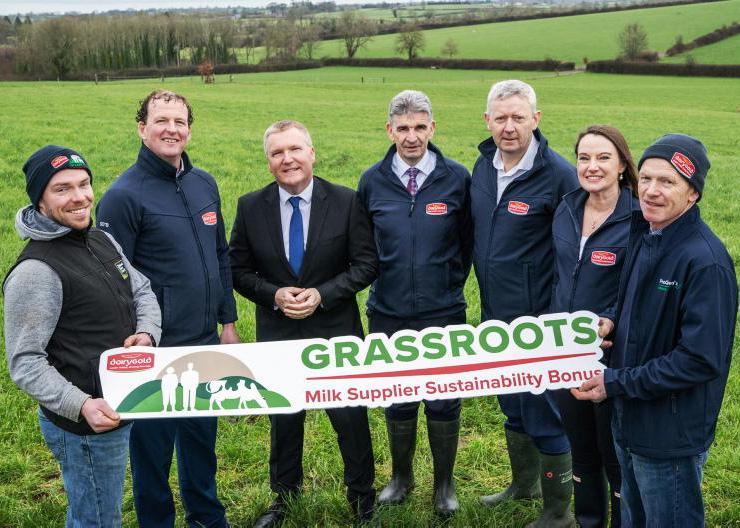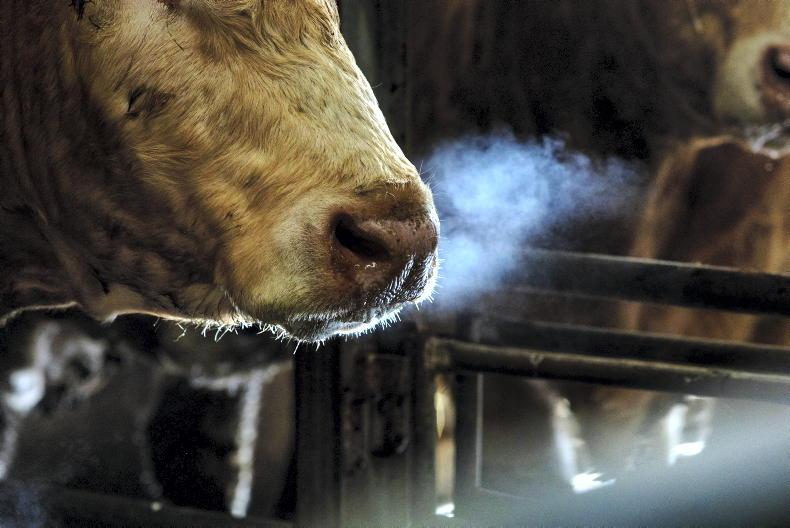Grass
The prospect of rain over the weekend is looking likely, but how much individual farms get will vary. As is often the case, those that need rain the most, get the least amount of it.
Plenty of farmers in the northwest don’t want to see any rain, but most other areas are crying out for it, with most farmers now feeding extra meal and in many cases silage also. This is a big cost in a year like this.
How quickly pastures rebound after getting rain will depend on how severely affected they were. Soil moisture deficits of 50-60mm are widespread throughout Munster and Leinster, so 20-30mm of rain would bring these back to normal.
It usually takes a week or more for growth to pick up after rain comes back, and keeping supplement in for this period is important. Taking the foot off the brakes too soon will lead to a more prolonged grass deficit.
To be fair most farms are not severely affected, and I would expect a quick enough rebound in situations where growth has slowed but fields are still green.
The important thing is to walk the farm every five or six days and make decisions around increasing or reducing feed quickly.
Flies
We are heading into the time of year when flies are a potential problem. They irritate milking cows and are often the reason why cows get cross and kick off clusters during milking.
For autumn calving dry cows it’s a bigger issue, as flies can cause summer mastitis resulting in a sick cow and a lost quarter. They can also cause mastitis in in-calf heifers.
Fly control is critical to avoid these issues developing. The simplest thing is to use a pour-on every few weeks.
However, there’s a growing movement away from some of these products because of their impact on some important soil insects such as dung beetles, so for this reason some farmers have gone back to using topical treatments such as Stockholm tar smeared over the teats of heifers.
Animals in high risk areas such as fields close to rivers and woods will need more regular treatment.
Conferences
There are a number of events coming up over the next few weeks. Most are normally held in winter and had to be postponed for the last few years due to COVID-19.
The Positive Farmers Conference is on Tuesday and Wednesday 28 and 29 June in Cork, while the Irish Grassland Association is running a dairy tour and conference on 19 and 20 July in Tipperary.
These events provide an important opportunity to hear from farmers and industry experts about all aspects of the farm business, which acts as continuous professional development for farmers. They also provide an opportunity to build a new network and catch up with like-minded people.
Bulls
There have been numerous bull attacks in recent weeks with varying levels of injuries. As bulling activity slows down, bulls are getting more aggressive, so extra caution is required when handling.
Always have a refuge, whether that’s a quad, tractor or old car when going for cows. Get rid of bulls that are obviously aggressive, it’s just not worth it.










SHARING OPTIONS